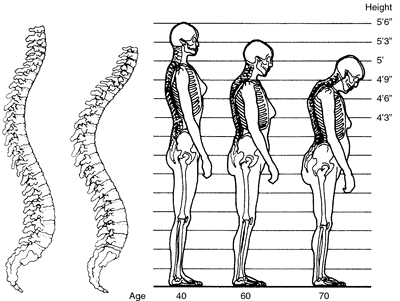What: The object. Defining the "what" may sometimes be difficult. How specific must we be? What is important? What do I really need? Have I thought it through that if I get what I want will I like it or be prepared to manage it? Most who win the lottery are ill prepared to handle it and disaster follows. In this case the "what" is sight. No ambiguity-it is clear. But, he could have asked for anything. When the Son of God says what do you want and you know he can do anything the "what" is pretty important to get right.
Do: This is the action word. Did Jesus have the ability and the capacity to do the "what?" If not, then his asking was cruel. Or, did He have the desire to do something for these men? Is Jesus able? Isn't this one of our great questions? We want to know if He can-as well as will. Does Jesus have the power to open blind eyes? He has proven He can, so the blind men ask according to His proven ability.
You: In this case the "you" is two blind men. This is personal. Jesus does many things for everyone, But, just as He raises Lazarus by calling him by name and not everyone in the graveyard, so today He was healing the "you." "It's me, It's me, It's me O Lord, standing in the need of prayer. Not my brother, not my sister....."
Want: Here is the heart of man, the seat of desire. The "want" must be in line with the "what." We have many desires and not all are good and useful. It is hard to sort through our heart's desires to find "what" we will ask for. This is why I like Psa. 27:4: "One thing I ask of the Lord...."
Me: The "me" is Jesus. Jesus is not asking him what he wants others to do for him. Otherwise Jesus could just command someone else to help him. No, the gift was coming from Jesus Himself which required trust by the blind men. We sometimes ask men for what we should be asking Jesus.
For: Jesus qualifies the question to only what is beneficial to the blind men. Jesus wants to do something for them and not against them. How important it is that Jesus always acts for us and not against us. The crowd was not for them-only Jesus asked the question. Let that sink in-"for you."
Good question!




